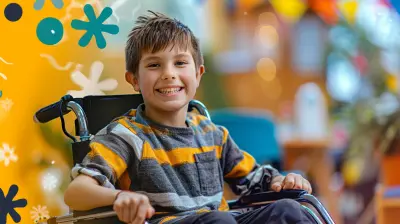Working with Families to Support Students with Special Needs
19 May 2025
When it comes to education, collaboration is key. And for students with special needs, this collaboration extends beyond the classroom. It involves families, teachers, therapists, and other support systems working together to create the best possible learning environment.
But how do we ensure this partnership is effective? How do educators and families work together to support a child's unique needs? Let’s dive in and explore the role families play and how schools can build strong relationships with them.
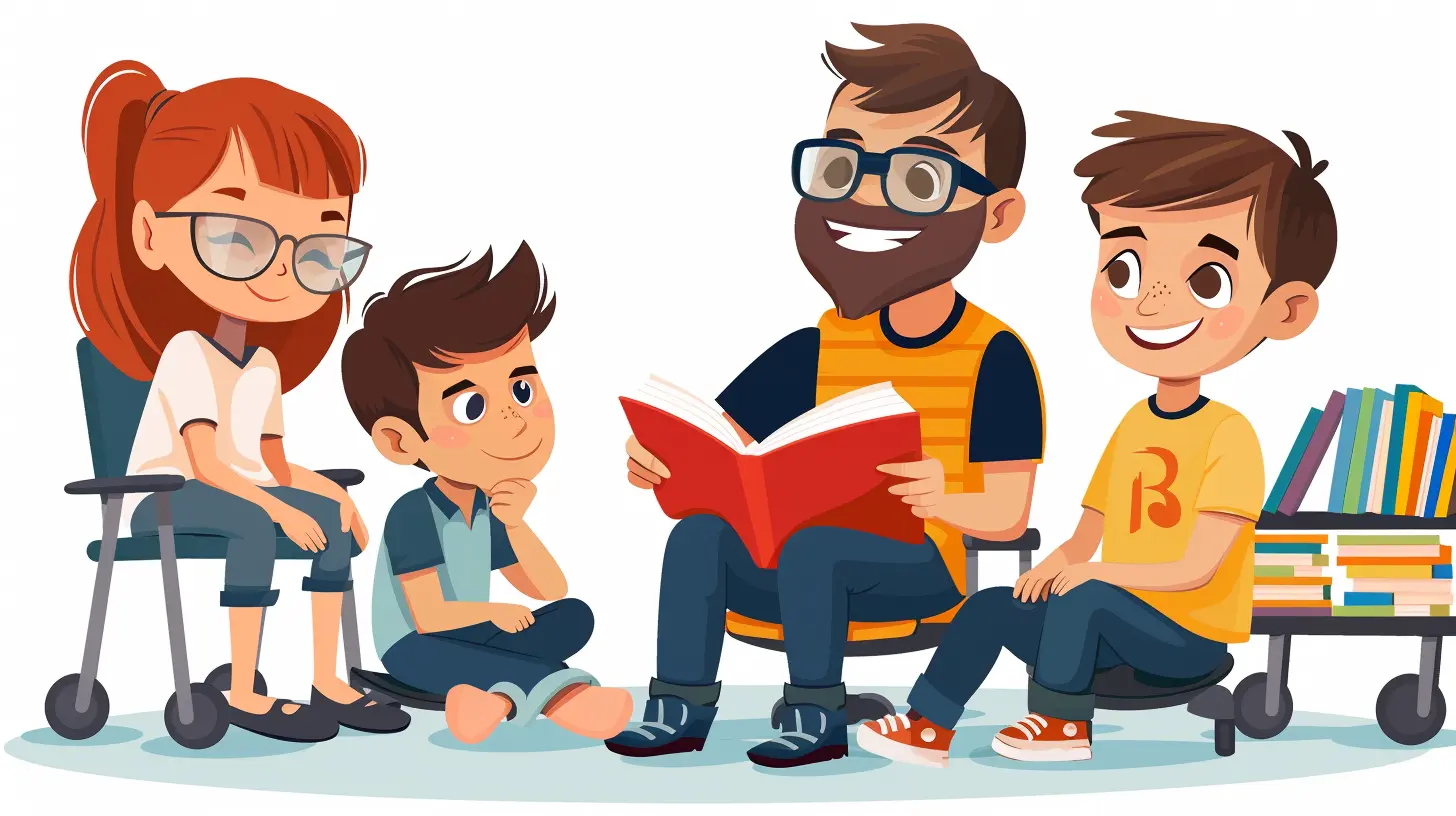
The Importance of Family Involvement
Family involvement in education is crucial for all students, but for those with special needs, it’s even more essential. Parents and guardians know their children best—they understand their strengths, challenges, and unique ways of learning.When families are actively involved:
- Students feel more confident and supported.
- Teachers gain valuable insights into a child's needs.
- Learning becomes more personalized and effective.
- Communication between home and school improves.
By fostering a strong partnership, educators and families create a supportive network that allows students to thrive.
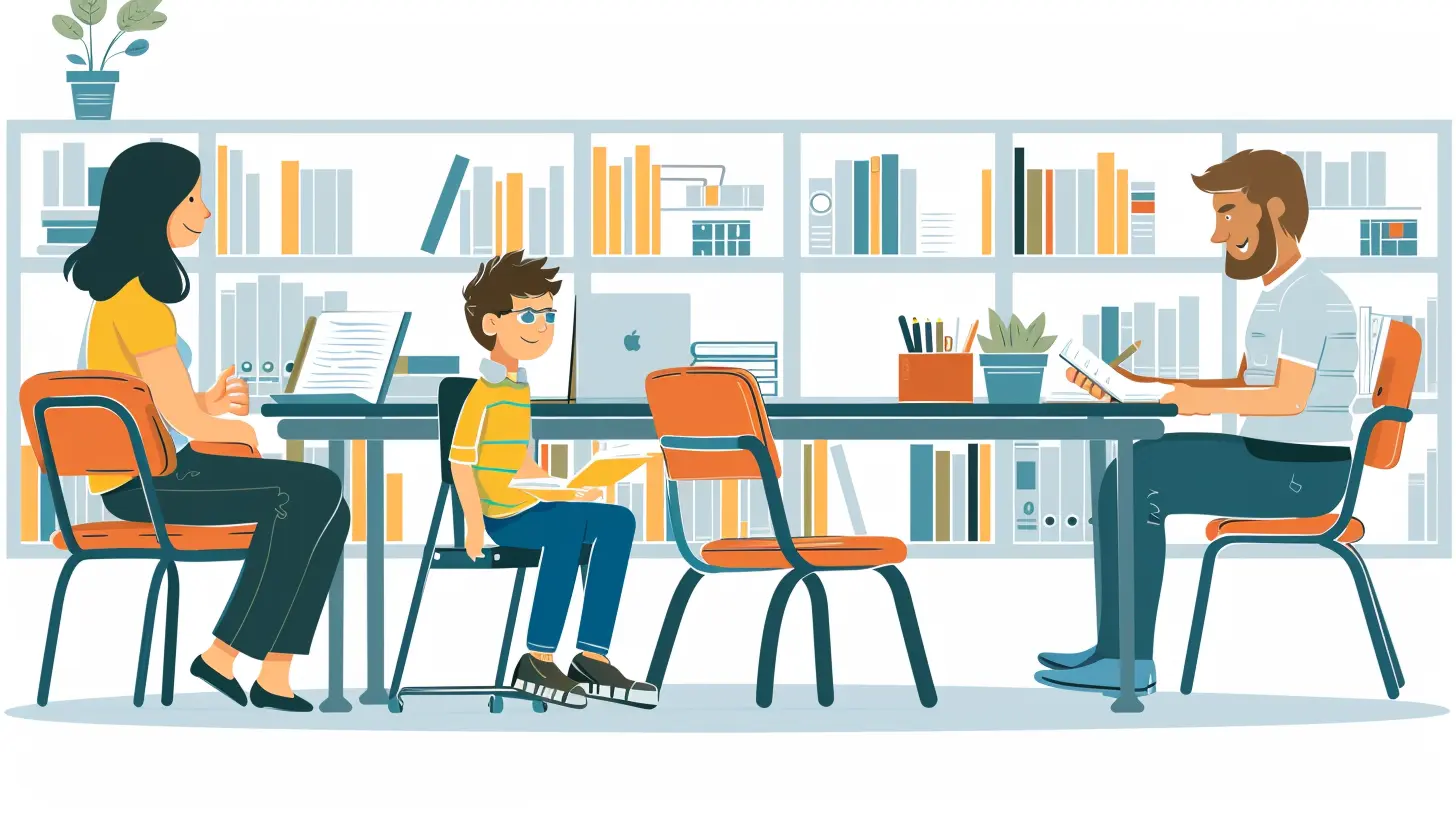
Building Strong Relationships with Families
So, how can educators build trust and effective communication with families of students with special needs? It starts with understanding, empathy, and active collaboration.1. Open and Honest Communication
Clear and frequent communication is the backbone of any strong partnership. Teachers should keep families informed about their child’s progress, challenges, and successes. But communication shouldn’t be one-sided—it should be a dialogue.Some ways to establish effective communication include:
- Regular check-ins via emails, phone calls, or meetings.
- Parent-teacher conferences to discuss progress and concerns.
- Daily or weekly reports for tracking behavioral and academic growth.
- Open-door policies that encourage parents to reach out anytime.
When families feel heard and valued, they’re more likely to engage in their child’s education actively.
2. Creating an Inclusive and Supportive Environment
Every child deserves to feel safe, valued, and included in their school community. Teachers can foster this by:- Promoting inclusive classroom practices that allow all students to participate.
- Encouraging peer interactions and friendships to support social development.
- Using positive reinforcement to build confidence and motivation.
An inclusive environment helps students with special needs feel like they truly belong, which can have a significant impact on their learning experience.
3. Involving Families in the Educational Process
Families should feel like active partners in their child’s education, not just spectators. Schools can encourage family participation in various ways:- Inviting parents to IEP (Individualized Education Program) meetings to discuss goals and progress.
- Offering parent workshops that provide strategies for supporting their child at home.
- Encouraging family participation in school events and activities.
By involving families in meaningful ways, educators can ensure students receive consistent support both at school and at home.
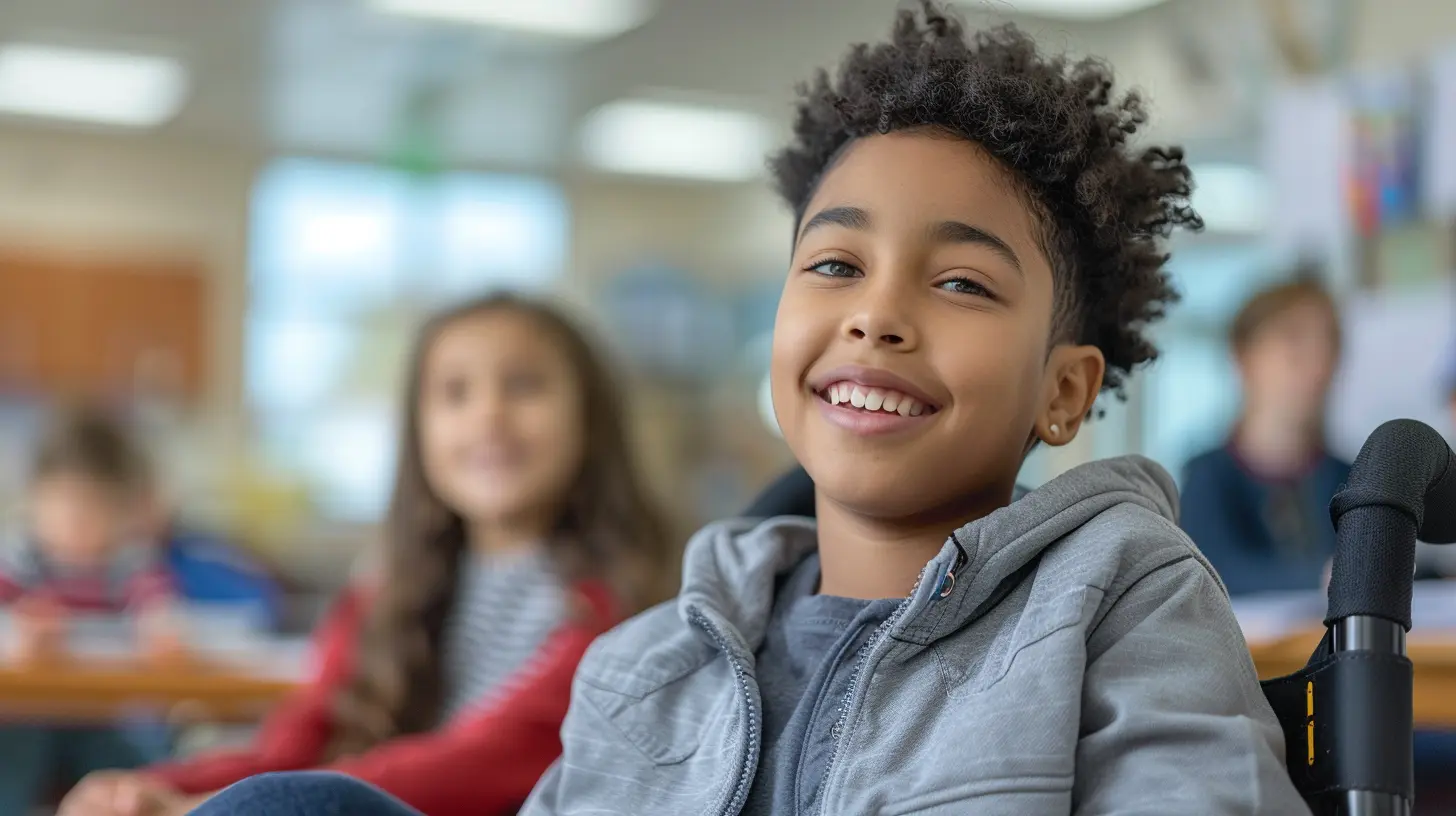
Strategies for Supporting Students with Special Needs
Now, let’s talk about practical strategies educators and families can use to create a successful learning experience for students with special needs.1. Personalized Learning Plans
Every child is unique, which means a one-size-fits-all approach to education doesn’t work. Personalized learning plans, such as IEPs or 504 Plans, help tailor instruction to a student’s specific needs.Some key elements of a strong personalized learning plan include:
- Clear learning goals based on the student’s strengths and challenges.
- Accommodations and modifications to help them succeed.
- Regular progress monitoring to adjust strategies when needed.
It’s essential for families to be involved in the development and review of these plans to ensure they align with the child’s needs and learning style.
2. Building Strong Home-School Connections
The learning experience shouldn't stop when the school day ends. A strong home-school connection reinforces skills and behaviors learned in the classroom.Some ways to strengthen this connection include:
- Encouraging a structured learning routine at home.
- Providing accessible learning resources and tools for home use.
- Collaborating on behavioral strategies to maintain consistency.
When teachers and families work together to reinforce learning at home, students benefit from a unified support system.
3. Encouraging Self-Advocacy and Independence
It’s never too early for students with special needs to start developing self-advocacy skills. Teaching them to understand and express their needs can boost their confidence and independence.Ways to encourage self-advocacy include:
- Helping students recognize their strengths and challenges.
- Encouraging them to speak up about what strategies work best for them.
- Setting realistic goals to build confidence and independence.
Over time, these skills will empower students to take an active role in their own learning journey.
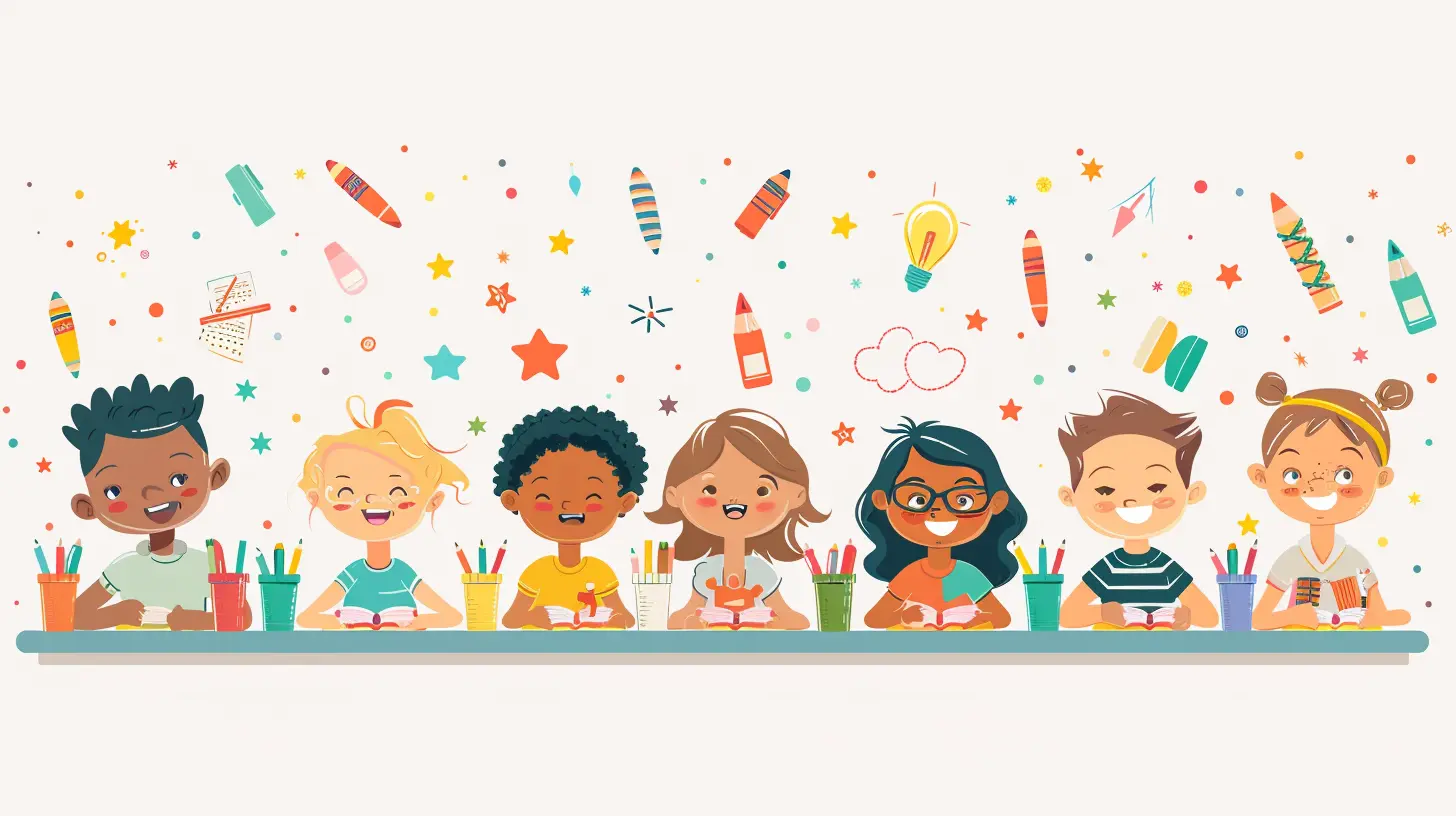
Addressing Common Challenges
Despite the best intentions, working with families to support students with special needs can come with challenges. Some common ones include:1. Differing Opinions on Educational Approaches
Parents and teachers may not always see eye to eye on the best strategies for a student. The solution? Respect and compromise. By focusing on the child’s best interests, both parties can find common ground.2. Limited Time and Resources
Many families juggle busy schedules, making it difficult to stay actively involved in their child’s education. Schools can help by:- Offering flexible meeting times.
- Providing online resources for easy access to information.
- Encouraging short, meaningful check-ins rather than lengthy meetings.
3. Navigating the Emotional Aspect
Raising a child with special needs can be emotionally challenging for families. Teachers can support them by offering reassurance, celebrating small wins, and connecting families with additional resources, such as counseling or support groups.The Role of Schools in Supporting Families
Educators aren’t just there to teach the child—they're also a crucial support system for the family. Schools can:- Provide parent training sessions on effective strategies.
- Offer support groups where families can connect.
- Share community resources and services that can help.
By creating a supportive community, schools help families feel less alone in their journey.
Final Thoughts
Supporting students with special needs is a team effort. When educators and families work hand in hand, students receive the consistent support they need to thrive—both academically and personally.At the end of the day, it all comes down to communication, collaboration, and a shared commitment to helping children succeed. Whether you're a teacher, parent, or caregiver, your efforts make a world of difference. And when we work together, we can create an environment where every student—regardless of their needs—has the opportunity to shine.
all images in this post were generated using AI tools
Category:
Special EducationAuthor:

Anita Harmon
Discussion
rate this article
3 comments
Casey Morgan
Teamwork makes the dream work: let’s turn special needs into special deeds!
May 22, 2025 at 12:58 PM

Anita Harmon
Absolutely! Collaborative efforts can transform challenges into meaningful achievements for students with special needs. Let's work together!
Tia Gibson
Collaboration with families is essential for student success and support.
May 20, 2025 at 1:12 PM

Anita Harmon
Absolutely! Engaging families is crucial for understanding each child's unique needs and fostering a supportive environment for their success.
Elias Curry
Working with families to support students with special needs is like juggling spaghetti—requires patience, creativity, and the occasional dance move! Let’s noodle our way to success, one delightful twist at a time. Who knew teamwork could be such a tasty adventure?" 🍝✨
May 19, 2025 at 3:40 AM

Anita Harmon
Absolutely! Collaborating with families truly is a delicious journey, blending creativity and teamwork to create the best outcomes for our students! 🍝✨

